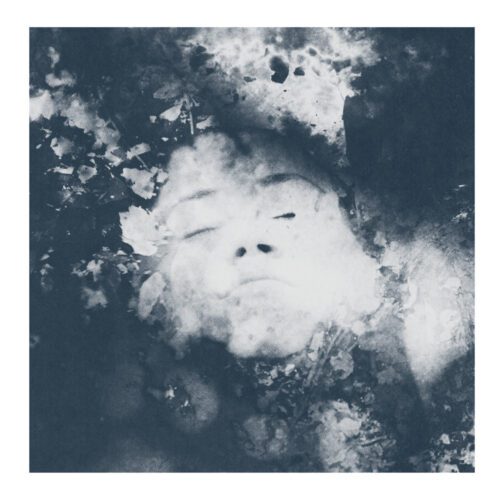“When things happen too fast, you can’t be sure of anything, anything at all, let alone yourself.” Milan Kundera, Slowness
The fury does not fade, what is happening is extreme. The tears of the processions will, in the long run, accumulate immense chaos that may hurt. Against a catastrophe that begs its cause with a confident voice, their silences fear death, while scavenging birds are hovering over the cadavers. The world must still come together for every ritual and ceremony, even though we are almost disappearing. The goal will be to survive when it is just too late.
Inspired by Godspeed You! Black Emperor, Neurosis, Envy and the texts of Czech and French writer Milan Kundera, this fifth album À l’aube by Montreal band Milanku relies on typical stripped-down post-rock arrangements, as well as an ambitious, daring vocal presence influenced by the daily lives of each of its members (François Lemieux on guitar, synthesizer, piano, Wurlitzer and vocals, Carl Ruest on guitar and vocals, Guillaume Chamberland on bass and vocals, Guillaume Boudreau-Monty on drums and Jean-François Bourbonnais on guitar).
Designed by François Lemieux, the elegant cover of this epilogue illustrates the feeling of lightness that this powerful and intense album can paradoxically bring to the listener’s heart. Surrounded by a fast-paced reality, we feel helpless in front of the dictatorship that pushes us to follow the frantic speed of technological evolution. Preaching the bad news, an offence against public morals forces us to say something we shouldn’t and leaves us out of the circle of great sadness: it’s definitely not an accident, it’s a crime. Where does this disease of the heart begin and end?
Hypnotized by the rage of a warrior flayed by their own disillusions, the lyrics are inspired by the collective emotions of despair and loneliness brought on by the pandemic, and feature a brutal, melancholic, even dystopian character trying to stand tall in the face of obstacles on a wire. “À L’aube; nous sommes disparus” slowly turns into a cyclone, as pop-jazz singer Erika Angell’s voice sounds like a high priestess in the wake of a storm that everyone is trying to escape. The insidious and false hopes, “La Chute,” “La Nausée,” the illumination of the universal blooming on a park bench, “Hypomanie,” “Le labyrinthe,” “Le mouvement du non-vivant,” “Fragments de néant,” the dawn—all are found on À l’aube. A door closes at the bottom of the stream. Our responsibility will be to follow the clouds on their way to a key that will open that same door again: the void in recovery. With the infinite dawn of a great strength, the fury will not fade. Grief does strike at the Achilles heel of this infernal machinery.
























